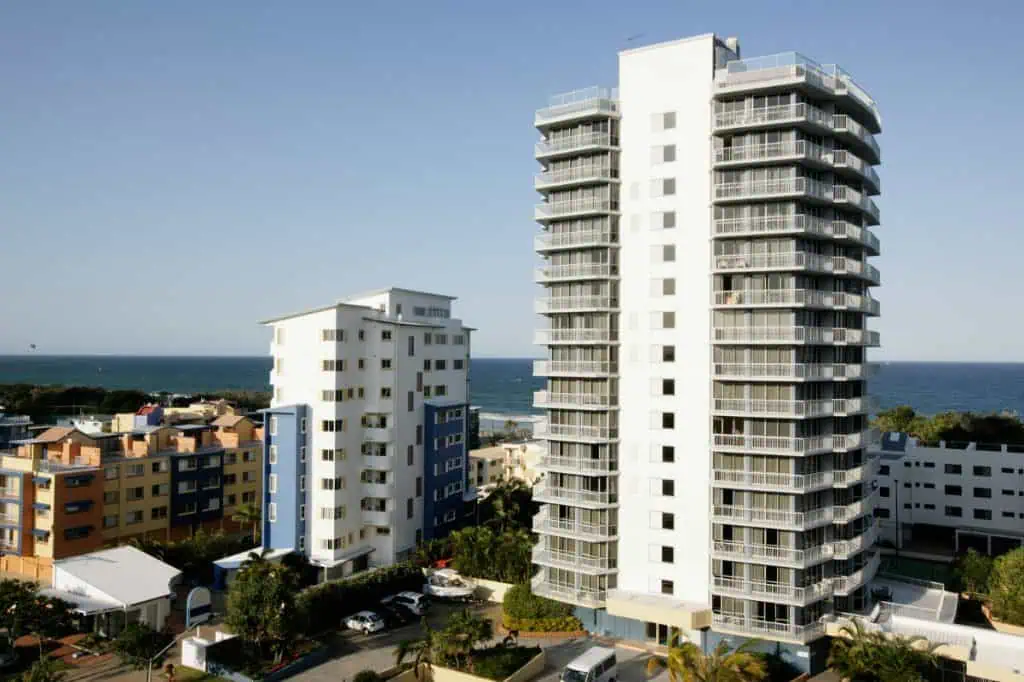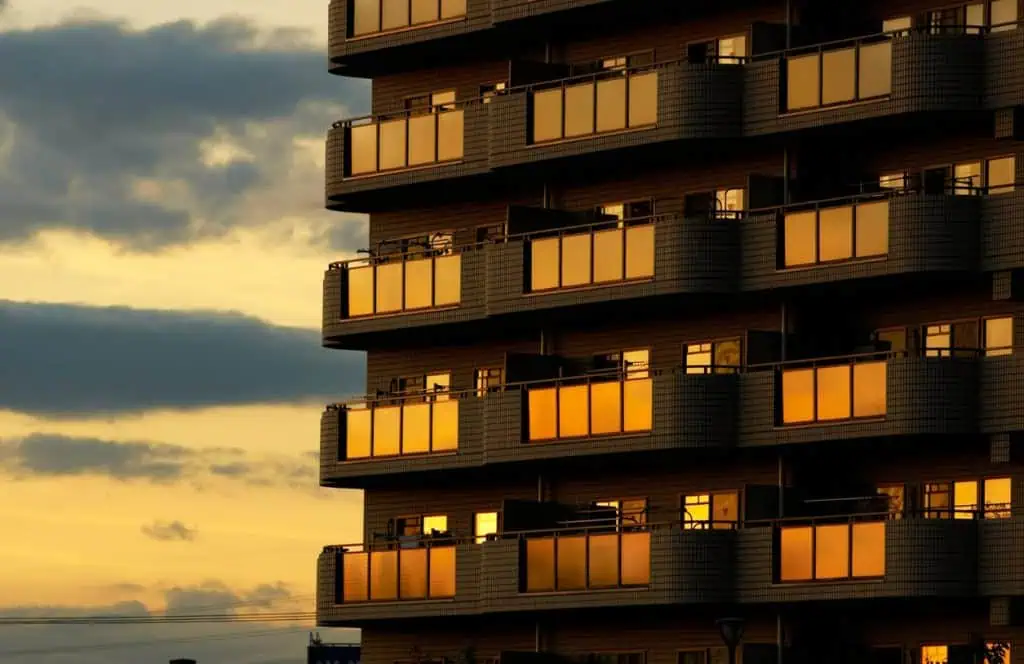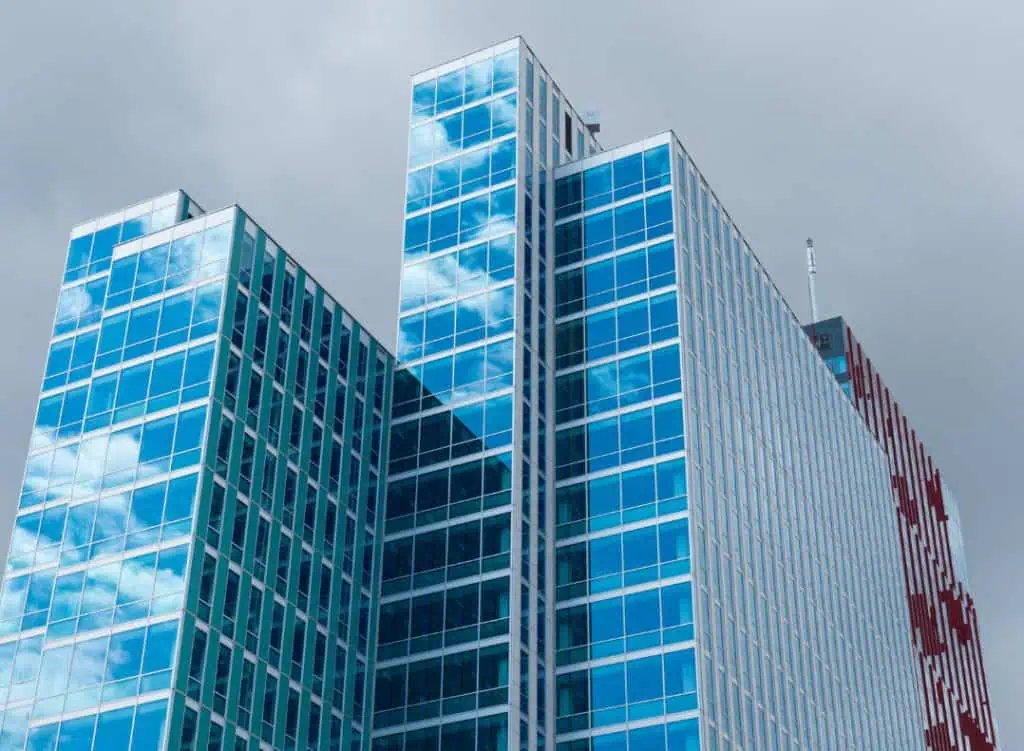In a world of speed where everything keeps getting faster and faster, efficiency and speed are key to the success of projects. This post tackles the many benefits of using modular wall panels in high-rise commercial buildings.
With the demand for high-rise buildings increased by urbanization, where space is at a minimum, this was the opportunity needed to develop new methods of construction.
Table of Contents
These are systems such as modular wall panels, which have gained increasing popularity owing to their ability to hasten construction, reduce labor costs, and save money on general project schedules.
Such wall systems are prefabricated off-site and then put together on location, offering a number of advantages that traditional on-site construction methods cannot compete with. It is fast replacing conventional construction and is a vital part of the building construction techniques

Benefits of Modular Wall Panels in High-Rise Commercial Buildings
Efficiency in the Construction Process
Among the many advantages modular wall panels provide, the most important is the increased efficiency they add to the construction process. Traditional building typically means many months on-site, with the walls being built from the ground upwards, using brick, concrete, or steel.
As one can well imagine, this is very often plagued by weather delays, labor shortages, and other external factors. In modular, the wall panels are prefabricated within a controlled factory environment where all components are made to millimeter precision.
This manufacturing process offsite reduces the chances of errors, and each panel fits well when installed on site. Hence, the walls of high-rise commercial buildings can be installed very fast, hence speeding up the construction process.

Quality control and Consistency
Modular wall panels are built to an extent of quality control not easy to achieve with the conventional ways of construction. When panels are fabricated in a factory setting, they undergo strict quality checks before shipment to the construction site.
That means all panels will be of the same dimension and structural integrity, thus minimizing the chance of errors or adjustments on-site. Besides, a factory setting allows the use of advanced technology and machinery for more precision and efficiency in production.
Because the environment is controlled, there are fewer defects and a finished product that is overall better. The result is a much more reliable and long-lasting wall system for better performance over time, very important in high-rise commercial buildings since they go through a different kind of structural challenge.
Reducing Construction Costs
Other important benefits of modular wall panels are the potential to significantly reduce construction costs, making them a very viable option for both developers and contractors alike.
To begin with, the manufacturing of wall panels on site enables the builder to reduce labor costs. Since skilled workers can be deployed in much more specialized jobs, the actual assembly and installation of such panels become so much quicker, with fewer labor hours needed.
Also, since these modular wall panels are prefabricated to exact specifications, fewer jobsite adjustments or corrections are required, further reducing labor costs.
In addition, these panels are often designed with energy efficiency in mind and can help reduce long-term operational costs for a building, which makes them cost-effective for both the short and long run.
Sustainability and Environmental Impact
Considering the sustainability of commercial building construction, modular wall panels are considered much greener compared to conventional ways of building.
The process of off-site manufacturing alone generates much less waste compared to on-site construction, where materials are being cut and adjusted to fit as the building is in progress.
In modular wall panels, precise measurements reduce material waste, and any excess materials are often recycled or used in other future projects. Also, these panels are fabricated to be energy-efficient since most of them come with insulation that helps in regulating the temperature within the building.
This will minimize environmental impacts not only at the construction stage but also offer sustainability through the life cycle of the building.
Heating and Cooling
Insulated wall panels will be an important part of high-rise commercial buildings, given that the material is used to minimize heating and cooling, which can be a means of achieving energy efficiency.
These panels are designed to provide both thermal insulation and structural strength; hence, they are considered ideal for modern commercial buildings where energy performance has been brought to the fore.
Insulated wall panels have contributed to improving the insulation of the building, maintained internal temperatures, and made the place more conducive for tenants. At the same time, this will reduce the energy that may be used to sustain such conditions.
This is all the more important in high-rise buildings as there may be great temperature fluctuations owing to the height and influence of atmospheric factors. As energy-efficient construction practices are in increasing demand, the need for insulated wall panels in commercial high-rises is likely to further increase in the future.

Aesthetic Flexibility
Besides offering pragmatic benefits, modular wall panels provide immense design flexibility. Generally speaking, a high-rise commercial building is situated in the prime location of any city, and more often, the developers are inclined towards developing structures that prove to be an eyesore yet blend into the environment.
Modular wall panels are offered in a tremendous variety of materials, finishes, and colors, which can ensure the attainment of any specific aesthetic effect of the building.
Be it sleek, modern glass panels or more traditional stone finishes that the design calls for, modular panels can be made from these materials without ever sacrificing anything regarding structural integrity or energy efficiency.
This capability of combining functionality with fashion turns modular wall panels into a popular option in high-rise commercial building construction.
The Rise of Modular Wall Panels in High-Rise Commercial Buildings
In general, modular wall panels have emerged very fast as an important constituent in high-rise commercial buildings.
Besides, efficiency, cost-effectiveness, quality control, and sustainability make them the best option for developers in search of ways to ease the construction process without sacrificing performance or high standards of design.
In a future where there will be increased demand for higher and more complicated commercial buildings, it is for sure that modular wall panels will continue to play a major role.
Their rise represents a giant leap in the ongoing evolution of construction technology, offering the world a peek at how high-rise commercial buildings are going to become even more efficient and sustainable in the future.
Using Modular Wall Panels in High-Rise Commercial Buildings – FAQs
1. Why are modular wall panels becoming popular in high-rise commercial buildings?
Modular wall panels offer faster construction times, cost savings, and better quality control compared to traditional methods. These panels are prefabricated off-site, reducing on-site delays and ensuring consistent quality, which is crucial for high-rise structures.
2. How do modular wall panels contribute to sustainability?
The manufacturing process for modular panels generates less waste, and panels are often designed with built-in insulation, which helps reduce energy consumption in heating and cooling. This makes them environmentally friendly during construction and throughout the building’s lifespan.
3. Can modular wall panels improve energy efficiency in high-rise buildings?
Yes, modular wall panels are often insulated, helping maintain internal temperatures and reducing the need for additional heating or cooling. This makes them ideal for high-rise buildings, where energy efficiency is a top priority due to varying temperature demands across floors.
4. Are modular wall panels customizable in design?
Absolutely. Modular wall panels come in a variety of materials, colors, and finishes, allowing for aesthetic flexibility without compromising on structural strength or energy efficiency. This helps architects and developers meet both functional and visual requirements.



